Practical use cases of Blockchain
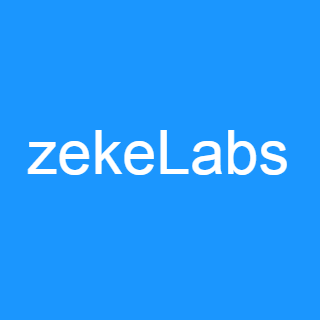 zekeLabs
zekeLabs
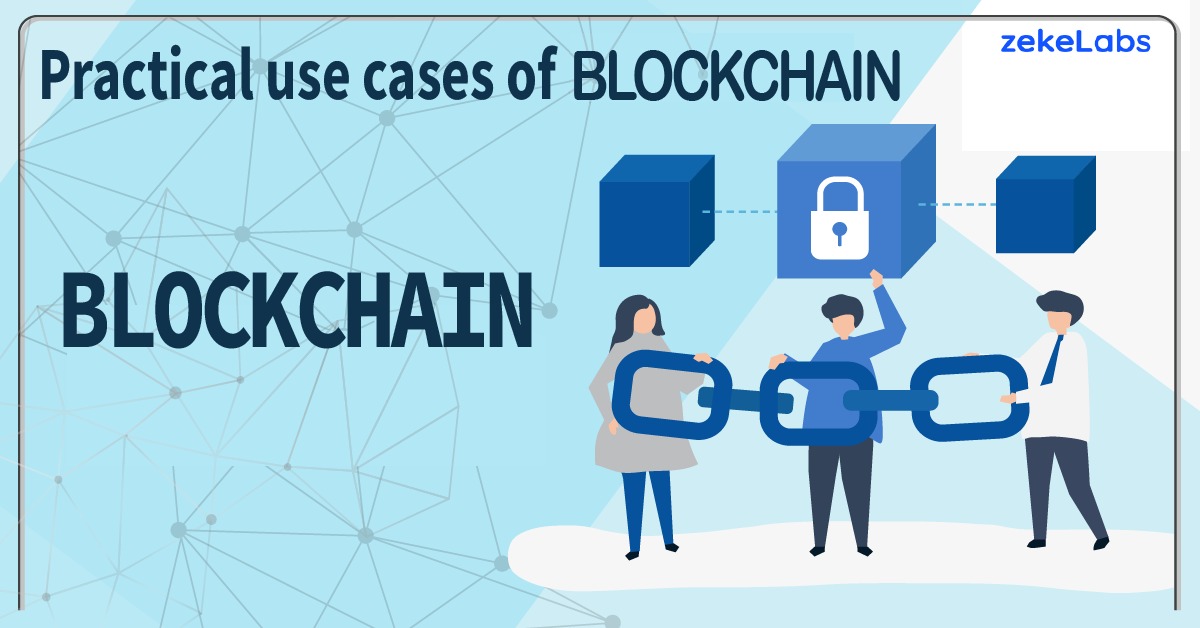
The decentralized blockchain technology is going to shift your life from the way you transact business or manage possession, to the manner you use your devices, vote, rent a car, and so on. Along the way, it will revamp banks and other financial organizations, hospitals, companies, and government institutions among others.
What is Blockchain technology?
At its most fundamental layer, blockchain is actually just a chain of blocks, but not in the conventional understanding of those terms. When we say the terms “block” and “chain” in this area, we are certainly addressing the digital data (the “block”) preserved in a public database (the “chain”).
Blocks are used to store data about transactions like the date, time, and amount of your all the purchase from Amazon. Blocks store data about who is taking part in transactions. A block for your fling buy from Amazon would jot down your name along with Amazon. In place of using your original name, your purchase is listed without any specifying information using a distinctive “digital signature,” kind of a username.
Blocks store data that differentiates them from other blocks. Much like you and I have names to differentiate us from one another, each block stores a different code called a “hash” that enables us to tell it apart from every other block. Hashes are cryptographic names created by unique algorithms. Let’s say you made the purchase on Amazon, but while it’s in between, you choose you just can’t resist and need another one. Even though the facts of your new transaction would look almost similar to your earlier purchase, we can still tell the particular blocks because of their different codes.
To understand in detail the various concepts involved in Blockchain, give Blockchain Explained a read.
Practical uses of Blockchain Technology
Blockchain is among the technologies that are renovating the work culture and transforming many industries. The easy working and practicality of the technology lead to its reasonable application in different fields. Below this article are discussed some of the practical uses of the Blockchain technology.
1. Financial Industry
The security features provided by the Blockchain technology enable people to get a safe platform to receive payments. The Blockchain allows you to perform financial transactions from anywhere in the world.
- Asset management: Blockchain technology facilitates all processes and actions in managing assets (ie. portfolio management, trading/transaction of cryptocurrencies). Record encryption also decreases errors in the process.
- Insurance claim processing: The encryption elements of blockchain oversee any defrauding or risky actions in an account. The real-time compound also speeds up verification and claims processing.
- Cross-border payments: Money transfers and payments online are made more secure, fast, and less prone to delays and errors with blockchain technology.
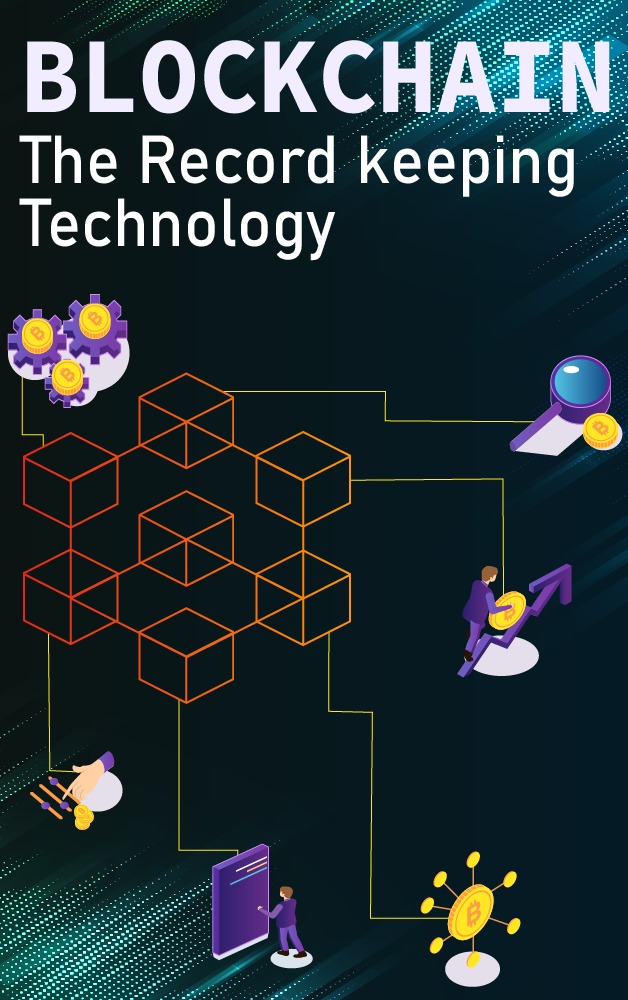
2. Smart Contracts
Smart contracts powered by blockchain get rid of the third party in regulating the creation and completion of contracts. Instead, people can use pre-drafted agreements, which can be modified and shared in one file.
- Entertainment sector: The ledger gives a transparent transmission of credits to everyone included in the label. It also helps musicians and other artists easily monitor and claim royalties for their work.
- Healthcare sector: Smart contracts procured for payers, providers, and drug manufacturers make way for worthwhile and easy management of digital records When a patient seeks a form of care, that procedure is recorded in the blockchain.
- Government: Blockchain technology can get ready a decentralized system that avoids any form of voting fraud or ambiguous movements in the network.
3. Digital identification
Blockchain technology can obliterate the requirement for physical identification, and replacing it with digital IDs. This can untangle the issue of Identity theft, and allow millions of people to affirm and regulate their identities.
- Identity verification: Multi-step and multi-factor identity verification process provided by Blockchain boosts the levels of security that traditional password protection offers.
- Secure identities: Big data and data sharing by third party companies have emerged in invasive publicity. The blockchain-based label will mean that no third-parties are able to access your personal data without approval.
4. Blockchain Internet-Of-Things
Blockchain increases and facilitates the interconnectedness of IoT. It removes third-party entities and simplifies the action and flow of all connected devices.
- Blockchain-enabled IoT: All data transmitted from IoT devices are recorded on the blockchain. This means that goods can be digitally identified and protected from fraud.
- Information analysis: When it comes to big data blockchain facilitates data to be shared and interoperable, making it usable for unexpected cases.
5. Regularity audit
The exceptionally safe nature of blockchain makes it rather beneficial for accounting and auditing because it considerably decreases the chances of human error and guarantees the integrity of the records. Above all these points, no one can modify the account records once they are locked in using blockchain tech, not even the record holders. The trade-off here is that blockchain technology could ultimately eradicate the need for auditors and destroy jobs.
6. Management of supply chain
Inflexible ledger provided by the Blockchain makes it well fitted to tasks such as tracking of goods in real-time as they move from one hand to another throughout the supply chain. Using a blockchain provides several options for businesses to transport these goods. Entries on a blockchain can be used to line up events with a supply chain - allotting goods recently arrived at a dock to various shipping containers. Blockchain offers a modern means of overseeing tracking data and setting it to use.
If you are keen on learning to build your own decentralized blockchain, we recommend checking out this Blockchain development course by zekeLabs.

Keywords : Blockchain Technology IoT
Recommended Reading
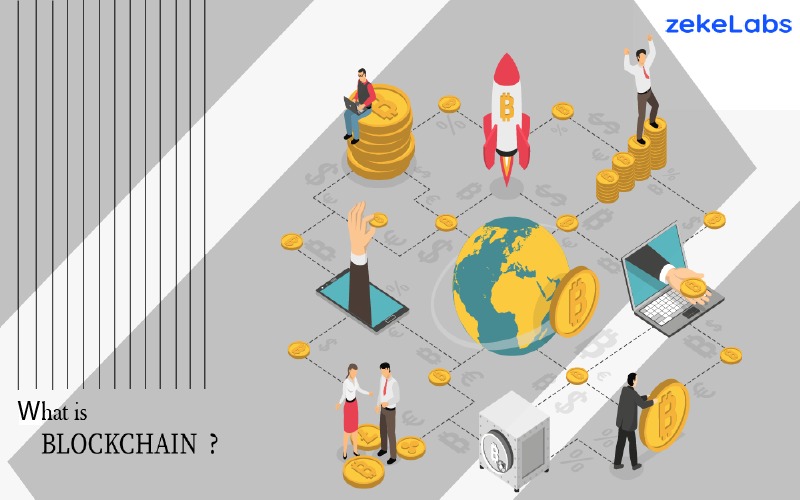
What is Blockchain?
Understanding blockchain can be a tricky business. Notwithstanding their specialized capacities, blockchains have within them philosophical, social, and ideological underpinnings that must likewise be comprehended. Like people today are connected to the int...
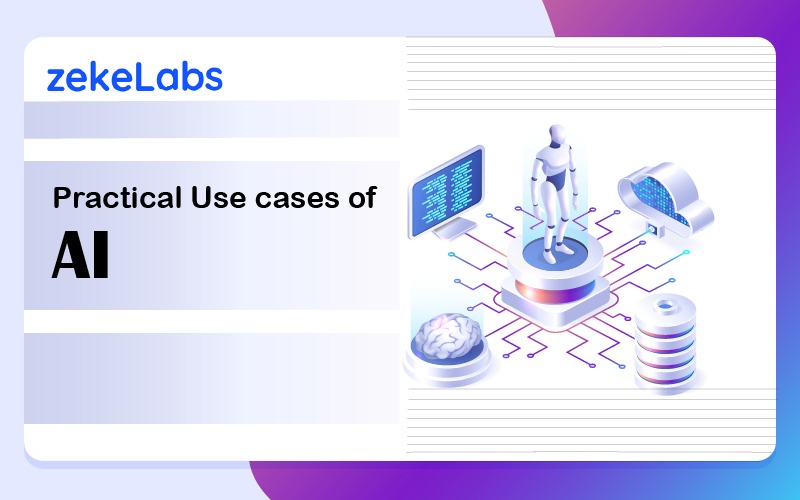
Practical use cases of AI in Business
Artificial Intelligence is one of the most fascinating and bears much of the future in it. In fact, AI is the future of technology and businesses. Artificial intelligence with allied technologies like machine learning makes it possible for machines to impro...
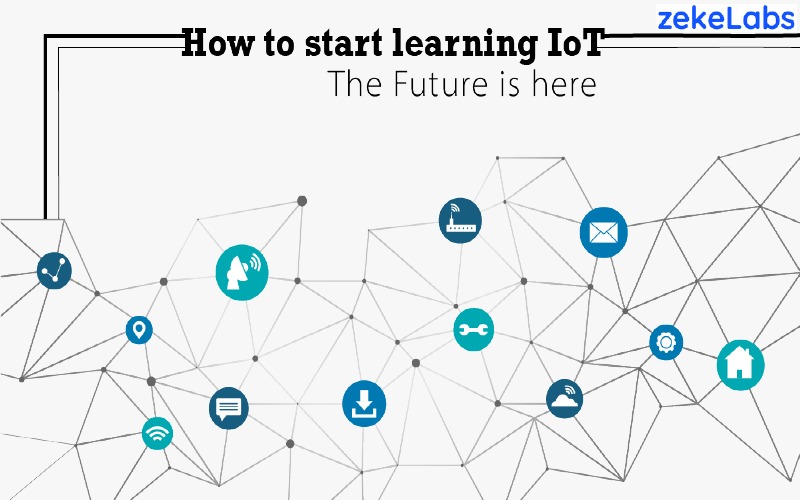
How to start learning IoT?
Before learning IoT we should know what is IoT? IoT generally refers to the “Internet of things”. IoT technology empowers things around us to be always connected to the internet and enables them to communicate with one another in real-time. IoT is just per...
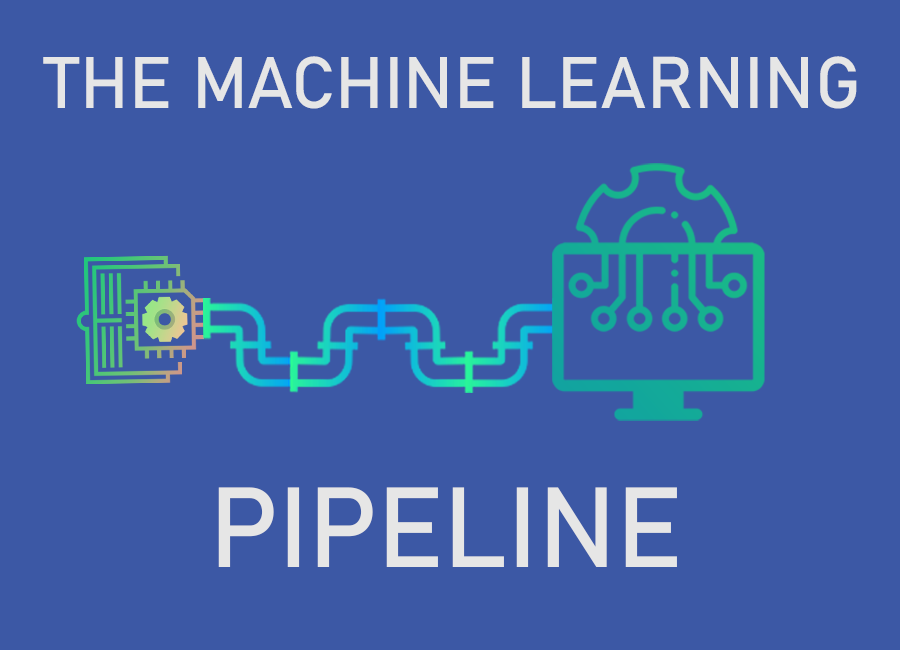
The Machine Learning Pipeline - Essential things to know before getting started with machine learning
Starting from development to deployment of machine learning, the journey of a product can be broken down to 7 important stages: Business Understanding, Data Wrangling, Visualization, Preprocessing, Model Training, Model Validation, Deployment